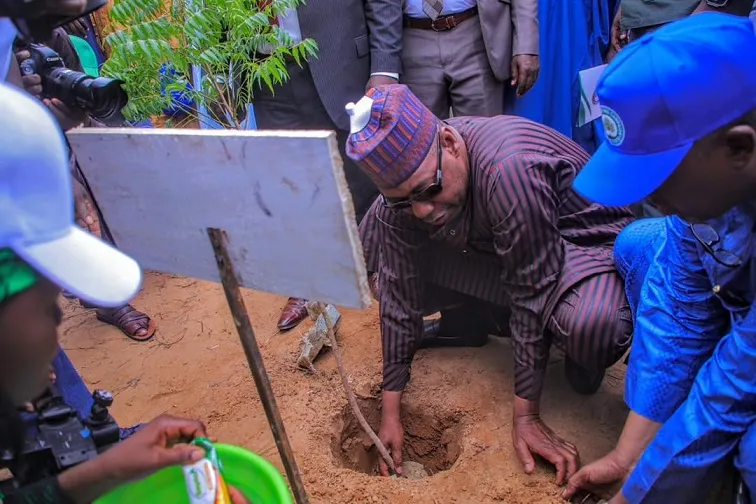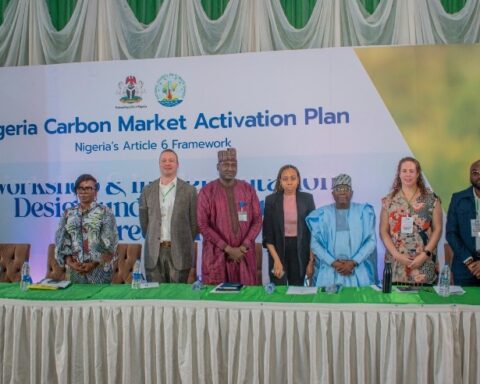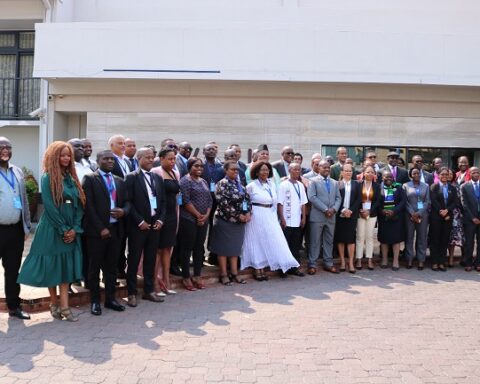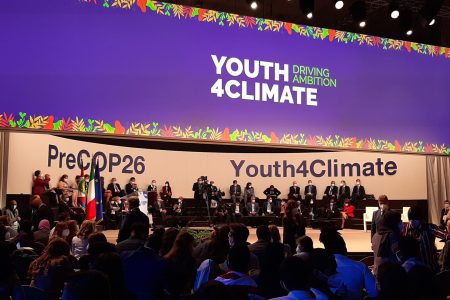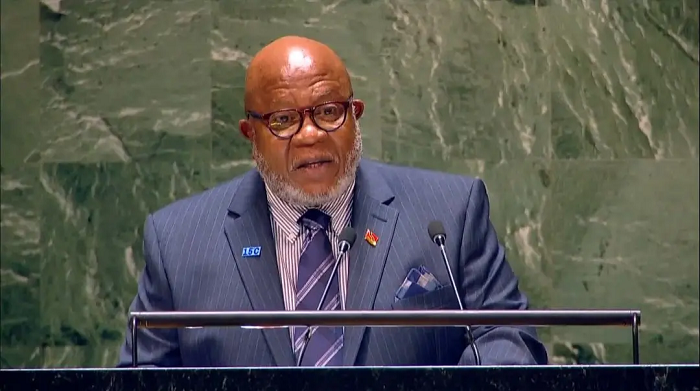Nigerian states are taking commendable measures to address pressing environmental challenges, particularly flooding and climate change, through vigorous tree-planting campaigns.
Several states, including Borno, the Federal Capital Territory (FCT), Kaduna, and Taraba, have embraced these initiatives.
In the heart of the Federal Capital Territory (FCT), a dedicated group of youths, operating under the banner of #Oneyouthonetree, is championing increased tree planting as a means to safeguard the environment from the repercussions of climate change.
During the launch of a tree planting event in Wuye District, Abuja, as part of the 2023 United Nations International Youth Tree Planting Day, the campaign’s Executive Director, Baba Yahaya, fervently advocated for this cause. Their initiative aspires to promote environmental sustainability on a national scale.
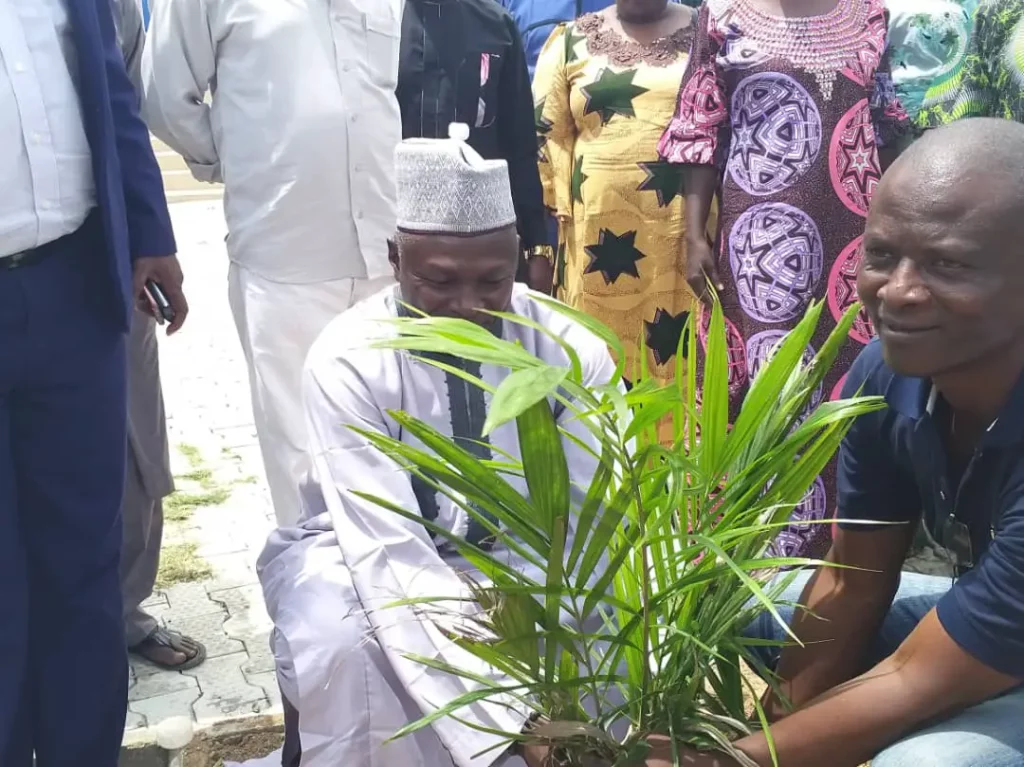
Kaduna is witnessing a remarkable endeavor led by women who are planting 5,000 trees across 220 primary and secondary schools.
This initiative is a critical component of their strategy to combat climate change through environmental sustainability.
Under the leadership of Mrs. Olanike Olugboji-Daramola, the founder and Programme Director of WISE, this campaign is set to plant trees in 140 secondary schools and 80 primary schools, in collaboration with the state Ministry for Education and the State Universal Basic Education Board (SUBEB).
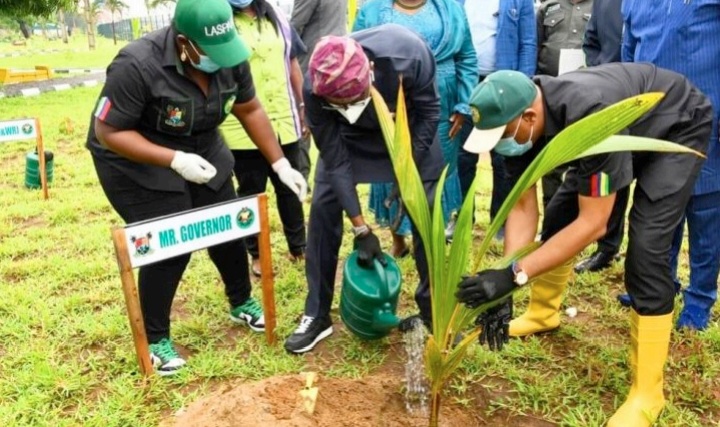
In the Zaria sub-urban areas of Kaduna State, the Reforesting Zaria Initiative (RZI), a local non-governmental organization, has been actively engaged in reforestation. They are planting a diverse range of trees, totaling 6,430, which includes economically valuable species, fruits, and endangered varieties such as mahogany and mango.
Notably, this year’s tree-planting approach involves consultations with district heads and representatives of the Zazzau Emirates councils, incorporating traditional leaders into the initiative to enhance community engagement and compliance.
The Taraba State government has also demonstrated a proactive commitment to addressing environmental challenges and climate change.
Aishatu Barde, the Commissioner of Environment and Climate Change, recently announced the launch of a substantial tree-planting campaign in Jalingo. This initiative is a direct response to the urgent need highlighted by recent flood disasters in certain parts of the state.
Governor Agbu Kefas’s administration is dedicated to providing relief to communities impacted by ecological issues stemming from climate change.
Beyond these specific examples, several other Nigerian states have embarked on their tree-planting endeavors:
• Anambra State has initiated a tree-planting program to enhance the aesthetics of urban areas and mitigate environmental pollution. They have also encouraged participation from schools, churches, and communities.
• Ondo State has made a commitment to plant 10 million trees by 2025 as part of its broader efforts to combat climate change and promote sustainable development. Additionally, they’ve established a forest reserve management committee to oversee the protection and conservation of their forests.
• Ogun State is also dedicated to environmental protection, with plans to plant one million trees of various species in their nine forest reserves. This initiative is expected to cover approximately 750 hectares of land within these reserves.
• Edo State is actively participating in the Nigeria Erosion and Watershed Management Project (NEWMAP) to restore gully sites and combat erosion. They have successfully planted over 2.5 million trees across 90 sites in the state. This year, the state also flagged off a tree-planting project to address the challenges of climate change in collaboration with the Charcoal Export Legality and Compliance Group
• Sokoto State, as part of the Great Green Wall of the Sahara and the Sahel Initiative, aims to create a belt of trees across 11 states to prevent desertification and enhance livelihoods. Additionally, they’ve partnered with the United Nations Development Programme (UNDP) to launch a tree-planting campaign for peace and youth empowerment in border communities.
By Yemi Olakitan and Farida Salifu


